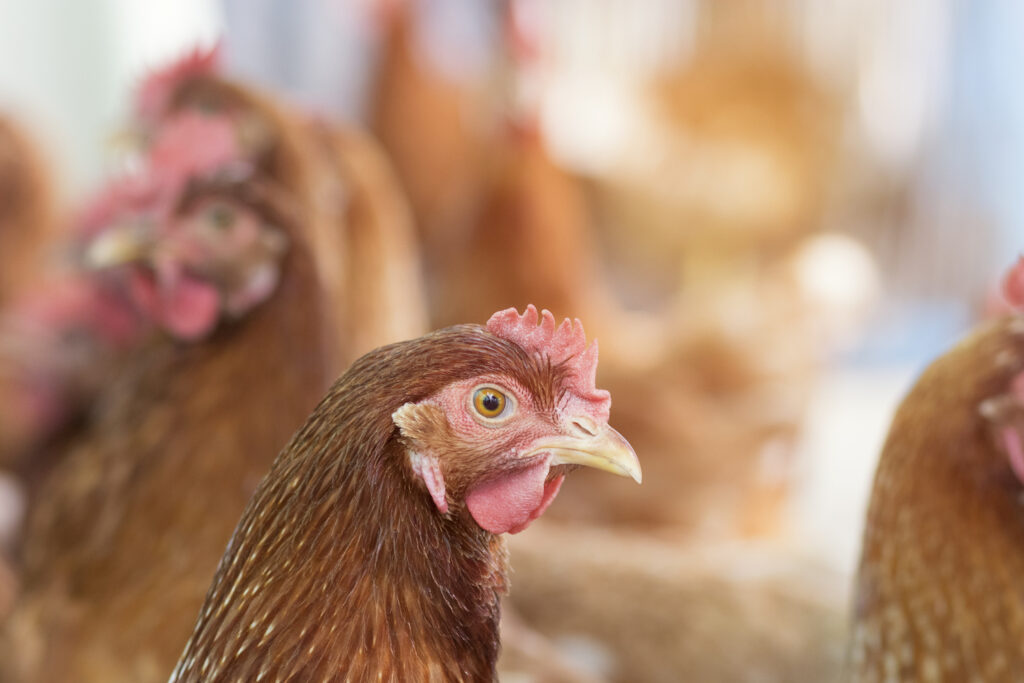Avian flu: Should we be concerned about spillover into UK mammals?
3rd February 2023
Reports of avian flu being detected in foxes and otters in the UK have prompted concerns that the virus could become yet more widespread, and pose a risk to human health.
Official data shows H5N1 has been confirmed in five red foxes and four Eurasian otters in the UK between 2021 and 2023. Cases were confirmed in Durham, Cheshire East and Cornwall in England; Powys in Wales; and Fife, the Isle of Skye, and the Shetland Islands in Scotland.
The World Organisation for Animal Health (WOAH) told the BBC it has recorded 119 outbreaks affecting mammals, with around 200 individual cases – and the spread to mammals is thought likely to be under-reported.
Meanwhile, there has been one confirmed human case of H5N1 in the UK since the current outbreak began in October 2021.
Responding to news reports, Defra said there is ‘very low likelihood’ of widespread infection in GB mammals.
‘We are talking about isolated incidents where mammals have come into very close contact with the virus. Infection of mammals with influenza of avian origin remains uncommon and the risk of the H5N1 strain to non-avian UK wildlife remains low,’ Defra said in a blog post.
Professor Ian Brown, director of scientific services for the Animal Plant and Health Agency, said: “We have found that this can jump into other species, but this is still a bird virus that wants to be in birds.
“These animals, these are wild mammals that scavenge on dead and sick birds – these mammals are being exposed to a lot of viruses. These are dead end infections, they cannot currently travel between the mammals.”
However, Prof Brown is quoted by BBC News as saying: “The virus is absolutely on the march”, adding that greater international action is needed to tackle its spread.
“The global spread is a concern. We do need globally to look at new strategies, those international partnerships, to get on top of this disease. If we don’t solve the problem across the globe, we’re going to continue to have that risk.”
Commenting on the risk to human health, the UK Health Security Agency, which said it is closely monitoring the disease, advised that there is no increased risk to the general public from avian flu, and that the viruses do not spread easily to people.
The UK’s national avian flu taskforce is now ramping up its surveillance of avian flu in mammals – as well as genome analysis on the virus and its spread in wild bird populations globally.
Compulsory housing is in force in England, Wales and Northern Ireland. There have been 166 cases of H5N1 since October last year, and 279 since October 2021.

